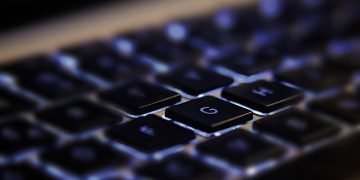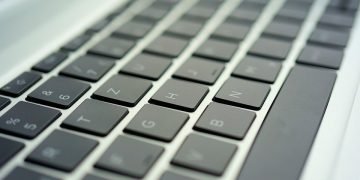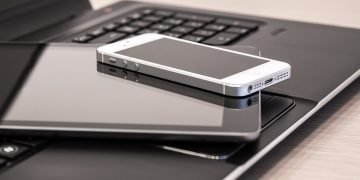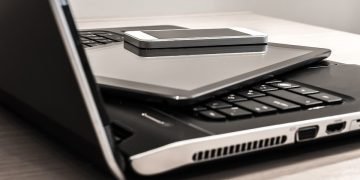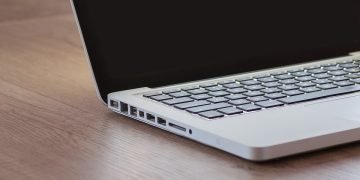Unplugged: Expert Strategies for a Successful Digital Detox
The Importance of Digital Detox
In today’s hyper-connected world, it’s easy to feel overwhelmed by the constant stream of notifications, emails, and social media updates. Our addiction to digital devices can have a negative impact on our mental and physical health, leading to increased stress, anxiety, and even addiction. That’s why it’s important to take the time to unplug and disconnect from technology every once in a while.
Benefits of a Digital Detox
There are numerous benefits to taking a break from technology. Disconnecting from your devices can help you reduce stress, improve your focus, and re-energize your mind and body. By giving yourself some time away from screens, you can also improve your sleep quality, boost your creativity, and strengthen your relationships with others.
Expert Strategies for a Successful Digital Detox
Set Boundaries
One of the first steps in successfully unplugging is to set boundaries for yourself. Decide on specific times of day when you will not use your devices, such as during meals, before bed, or first thing in the morning. You can also establish device-free zones in your home, such as in the bedroom or at the dinner table.
Find Alternative Activities
To make it easier to stay unplugged, it’s important to find alternative activities to replace your screen time. Consider going for a walk, reading a book, practicing mindfulness, or spending time with loved ones. Engaging in activities that bring you joy and relaxation can help you resist the urge to reach for your phone.
Practice Mindfulness
Mindfulness is a powerful tool that can help you stay present and focused in the moment. When you feel the urge to check your phone or scroll through social media, take a deep breath and bring your attention back to the present. By practicing mindfulness, you can cultivate a greater awareness of your digital habits and make more conscious choices about when and how you use technology.
Limit Notifications
Notifications are a major source of distraction and can easily derail your efforts to unplug. To avoid constantly being pulled back into the digital world, consider disabling notifications on your devices or limiting them to only the most important apps. By reducing the number of alerts you receive, you can create a more peaceful and focused environment for yourself.
Engage in Digital-Free Activities
One of the best ways to detox from technology is to engage in activities that don’t involve screens. Take up a new hobby, spend time outdoors, or volunteer in your community. By immersing yourself in activities that don’t require technology, you can give your mind a much-needed break and rediscover the joys of the offline world.
Common Questions About Digital Detox
How often should I unplug?
There is no one-size-fits-all answer to this question, as the frequency of your digital detox will depend on your individual needs and preferences. Some people may benefit from unplugging for a few hours each day, while others may find it helpful to take an entire weekend off from technology. Experiment with different detox schedules to find what works best for you.
What are the signs that I need a digital detox?
If you find yourself feeling overwhelmed, anxious, or constantly distracted by your devices, it may be a sign that you need a digital detox. Other signs that you could benefit from unplugging include difficulty sleeping, decreased productivity, and a reliance on technology to cope with stress or boredom.
Will a digital detox improve my mental health?
Research has shown that taking a break from technology can have a positive impact on your mental health. By reducing your screen time, you can lower your stress levels, improve your mood, and enhance your overall well-being. Disconnecting from technology can also help you cultivate better relationships with others and feel more connected to the world around you.
How can I stay motivated to unplug?
Staying motivated to unplug can be challenging, especially in a world where we are constantly bombarded with digital distractions. To help you stay on track with your digital detox, try setting specific goals for yourself, such as limiting your screen time each day or scheduling regular breaks from technology. You can also enlist the support of friends or family members to hold you accountable and help you stay motivated.
Conclusion
Unplugging from technology is essential for maintaining a healthy balance in our increasingly digital world. By following expert strategies for a successful digital detox, such as setting boundaries, finding alternative activities, practicing mindfulness, limiting notifications, and engaging in digital-free activities, you can reap the numerous benefits of taking a break from screens. By taking the time to disconnect from technology, you can improve your mental and physical health, boost your creativity, and enhance your overall well-being.








